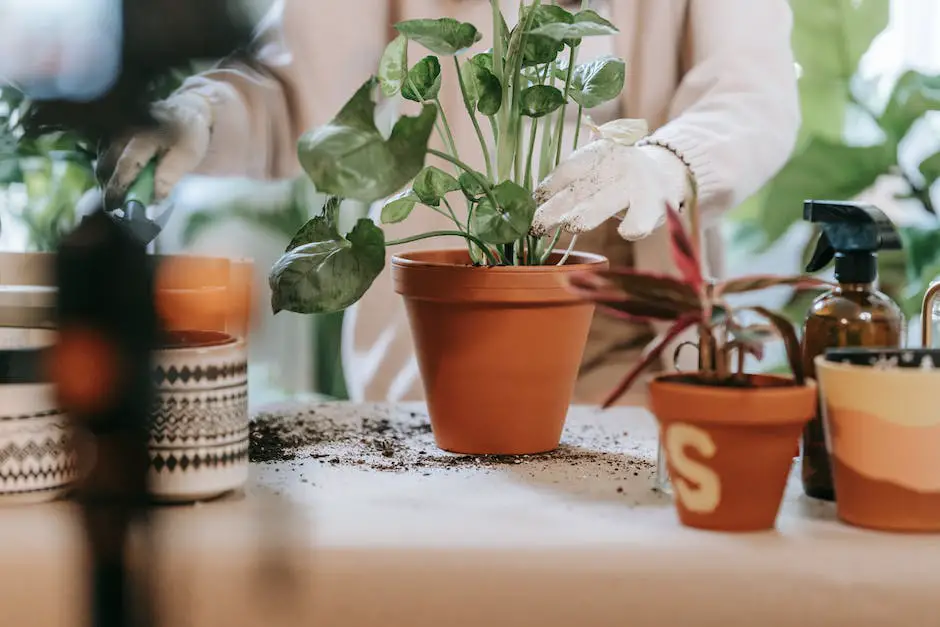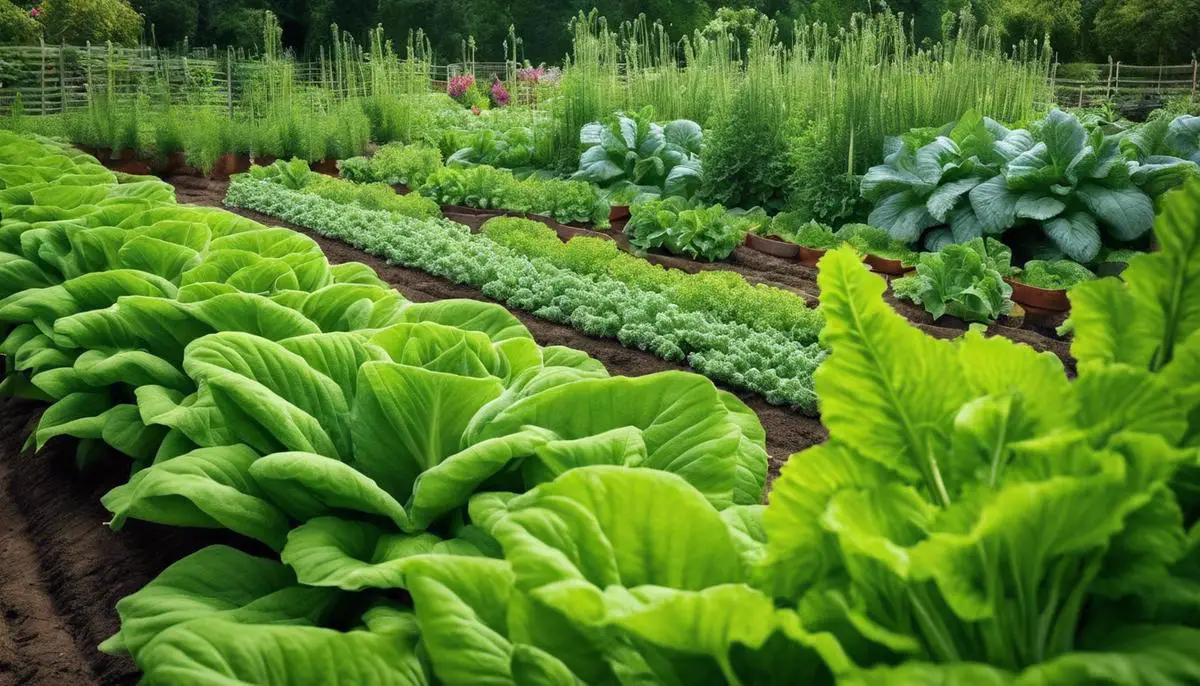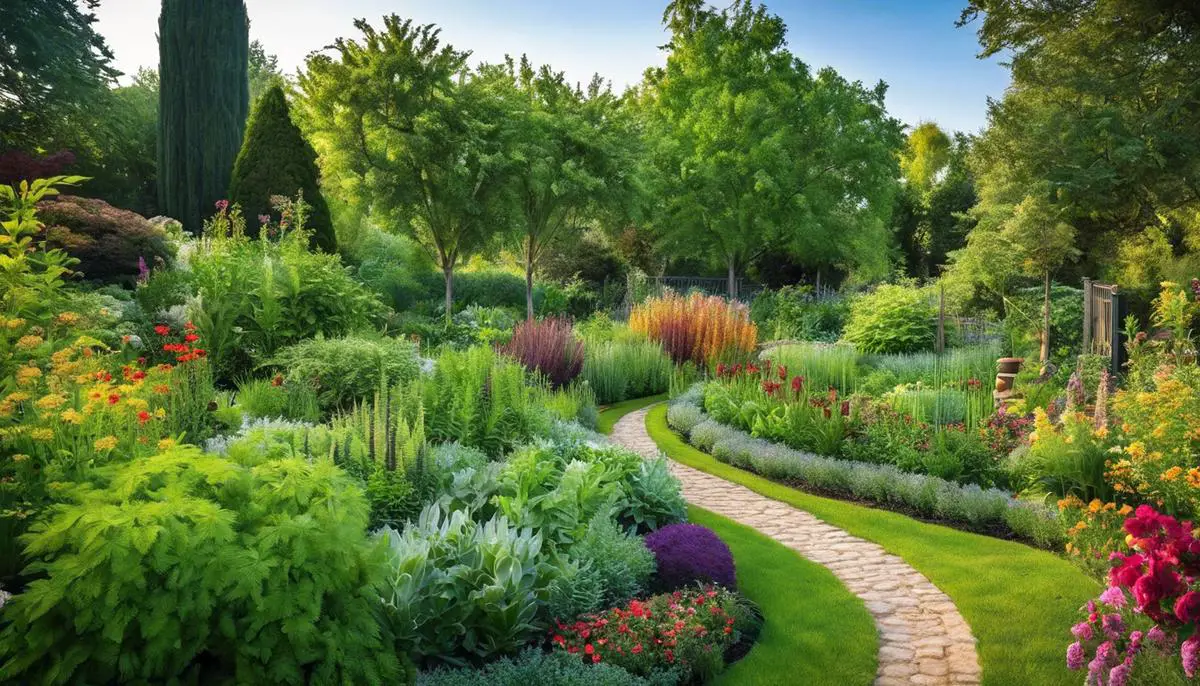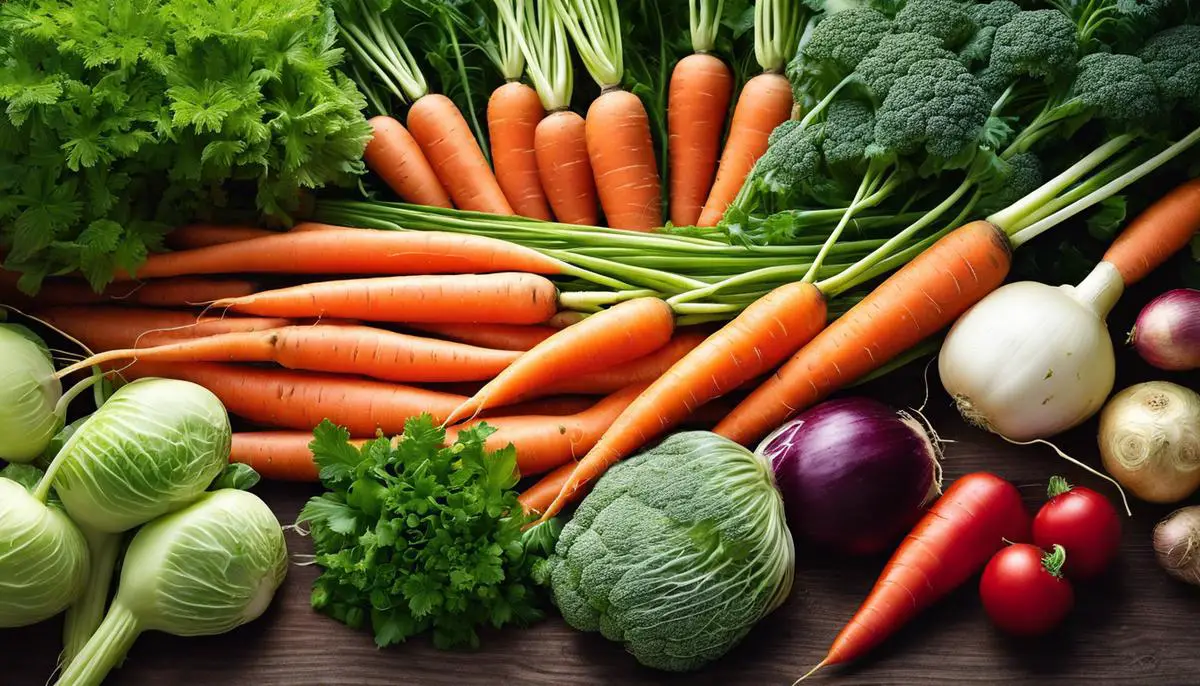Understanding the intricate relationship between plants and their companions in the garden is an essential part of successful gardening. This understanding, borne of careful observation and rooted in natural wisdom, can lead to enhanced growth, flourishing yields, and the reduction in pests. One such pair that beckon scrutiny are carrot plants and their appropriate companion plants. From the beneficial herbs to other vegetables, and blooming flowers, these allies in growth have proven to be the secret weapon for many gardeners. This exploration dives deep into the world of companion planting, revealing not just the best companions for carrots, but also the science behind these symbiotic relationships and how best to implement these strategies into your gardening journey.
Identifying Best Companion Plants for Carrots
When it comes to companion planting, there are a few stellar matches that could greatly boost your carrot growth! Companion planting is an excellent method for maximizing small spaces and improving your vegetable garden’s overall health. Whether you’re an aspiring gardener or a seasoned pro, understanding these relationships can make your garden flourish and turn a good harvest into a fantastic one.
Reader Poll: What online courses would interest you?
Tomatoes make phenomenal “grow-buddies” for your carrots. Why? Tomatoes attract carrot flies’ natural predators, thus keeping those pesky creatures away from your burgeoning carrot bed. But hold on, there’s more! The tomatoes’ tall bushy growth also provides much-needed shade for the carrots, shielding them from the scorching sun and making the environment more ideal for their growth. Quite a partnership, isn’t it?
Aside from tomatoes, aromatic herbs like sage, rosemary, and leeks are great allies for carrots too! Their strong scent confuses pesky insects like carrot flies, who rely on their nose (so to speak) to find their next meal. Sage, rosemary, and leeks are strong, and their powerful aroma prevents these pests from homing in on the carrot scent, protecting your valuable crop. Moreover, beans and peas are good companions too! They return valuable nitrogen to the soil carrots need to thrive. Meanwhile, carrots aerate the soil, which aids the root system of beans and peas. Just remember, though: corn and potatoes don’t play well with carrots due to competition for space, so it’s best to keep them apart in your vegetable plot.
In conclusion, with a little bit of planning and understanding of plant compatibility, your carrot garden can flourish like never before. Happy gardening!
Subscribe to our newsletter!

Understanding Companion Planting Benefits
Companion planting in your carrot garden is not only about maximizing space and health, but also about fostering relationships between plants, contributing to a more vibrant, productive ecosystem. Building on this, an often-overlooked superstar in companion planting with carrots is the humble radish. Plant radishes amongst your carrot rows and marvel as they act as a pest deterrent. Radishes germinate swiftly and can deter pests like root maggots, which pose a risk to slower germinating carrots. These spicy little dynamos are a must in any carrot patch!
Another significantly beneficial companion to carrots is the pageantry of marigold flowers. It’s more than their vibrant colors that make them a delightful addition to your vegetable garden. Marigolds are well-known in gardening circles as nemesis to nematodes, tiny soil-dwelling pests that can wreak havoc on your carrots. Bursting with a chemical compound called alpha-terthienyl, marigolds wage a silent war against these destructive nuisances, ensuring that your carrots grow firm and unblemished. As an added bonus, marigolds’ brilliant hues attract pollinators, indirectly benefiting the overall health and output of your garden.
As mentioned, not all plants thrive in close proximity; some can stunt or impede the growth of your carrots. Anise and Dill are two herbaceous villains that don’t play nice with their orange friends. Their aggressive root systems compete with carrots for water and nutrients, and their tall, bushy nature can provide too much shade, stunting the growth of our tasty taproots. Therefore, it’s best to ensure they have their own separate areas to flourish, far away from your carrot bed. Plant smartly, nurture strategically, and your carrot garden will reward you with a bountiful harvest.

Implementing Effective Companion Planting Strategies
Building on the benefits of companion planting, one powerhouse plant when paired with carrots is radishes. Acting as a replacement for pesticide use, radishes have been known to deter a variety of pests that could potentially harm your carrot crop. As the radishes grow, their strong odor and taste deters pests from getting too close to your prized carrots. Additionally, radishes have a fast growth cycle (typically ready to harvest in just 25 days), permitting you to sow in multiple rounds alongside your slower growing carrots.
Marigold is another fantastic companion plant for carrots. This vibrant flower’s bright color and strong scent act as protection against harmful nematodes. Marigold roots exude phytochemicals that eradicate these soil-borne pests and also act to attract beneficial insects. These insects not only aid in pollination but also serve as a natural method of pest control.
Although companion planting can bring significant benefits to your carrot garden, it’s crucial to recognize that not all plants are friends for your carrots. Anise and dill, for example, should be avoided in close proximity to carrots. Despite their fragrant appeal in cooking, these two herbs are antagonistic to carrots, inhibiting their growth and potentially impacting the overall yield. Striving for the perfect balance in your garden space is key – and remember, an effective carrot garden is not just about the carrots, but the community of plants that surrounds them.

Companion planting, if executed well, is not just a simple gardening technique but an eco-friendly approach that minimizes the use of man-made substances. When it comes to optimizing carrot growth, the virtues of companion plants cannot be overstated. Whether it’s leveraging the potent odors of certain herbs to ward off pests, using specific plants to enrich the soil, or planting strategically to maximize natural growth facilitation – each method harnesses nature’s wisdom to deliver spectacular results. The information provided should serve as a clear blueprint for anyone keen on setting up a bountiful and pest-resistant carrot garden. Armed with this newfound knowledge of beneficial companions, don’t just grow, cultivate an ecosystem that highlights the hidden symphony of nature.

